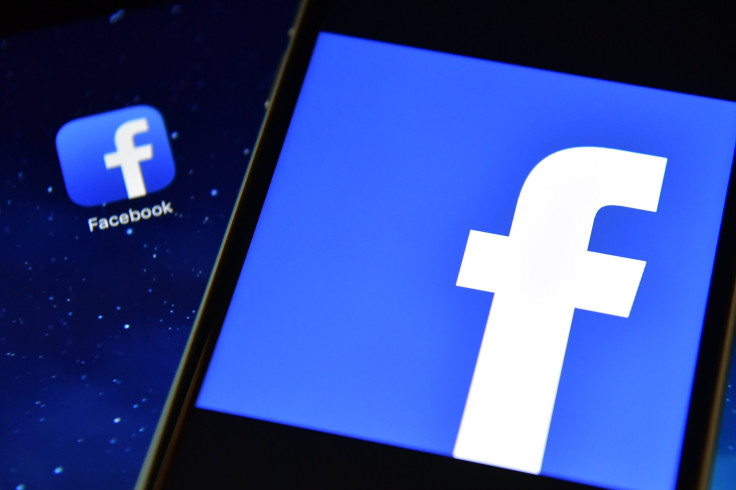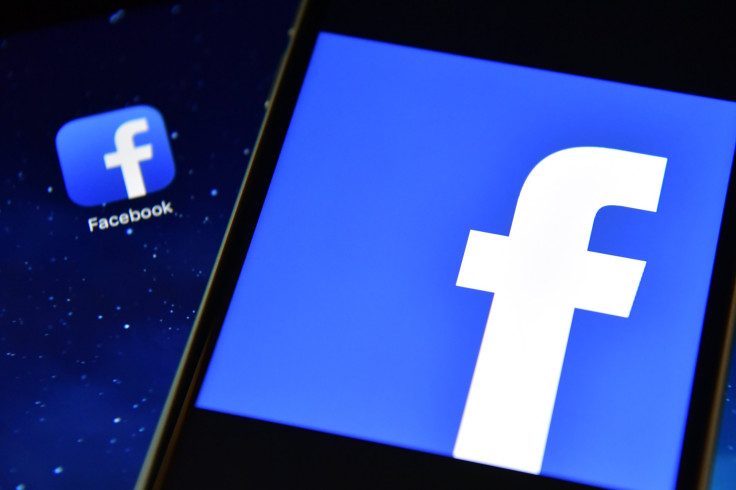Facebook To Enforce Rules Against Posts Threatening Financial Harm

Facebook, like most social networks, has rules against threatening other users with physical violence. Even if enforcement is not always consistent, it is something that Facebook feels clearly should not be allowed on its platform. However, in a Thursday blog post, Facebook policy VP Richard Allen revealed a new wrinkle in Facebook regulation: posts that threaten financial harm to other users.
It was only a minor part of a larger post about the challenges Facebook might face by regulating speech. That said, it was more or less unheard of from Mark Zuckerberg’s social media giant. Posts that seek to scam users out of money or otherwise profit off of deception were put on the same pedestal as threats of physical violence in the blog post.
“Facebook is not a government but it is a platform for voices around the world. We moderate content shared by billions of people and we do so in a way that gives free expression maximum possible range. But there are critical exceptions: we do not, for example, allow content that could physically or financially endanger people, that intimidates people through hateful language, or that aims to profit by tricking people using Facebook.”
There are no other examples of Facebook using that language in an official capacity, TechCrunch found. While it is possible that has been an official internal policy for some time, it had not been codified in that way until Thursday.
It theoretically means Facebook will now delete posts that seek to endanger someone’s employment status or mislead someone into giving money. It could also potentially be enforced against advertisers who make false claims about their products. Facebook gave users a way to self-report false advertising they see on the site earlier this year.

It should also be noted that Facebook made clear that it is not a government and does not have to allow unregulated free speech if it does not want to. Allen’s post made it clear that Facebook wants speech to be as free as possible, but certain things are not acceptable.
The move fits into a larger trend of Facebook trying to, at least nominally, protect its users and increase transparency after multiple high-profile privacy scandals throughout 2018. Over the past several months, Facebook introduced features that allow users to learn who paid for any given political ad. It also vowed to crack down on children younger than 13 using either Facebook or Instagram, as the law requires.
© Copyright IBTimes 2025. All rights reserved.



















